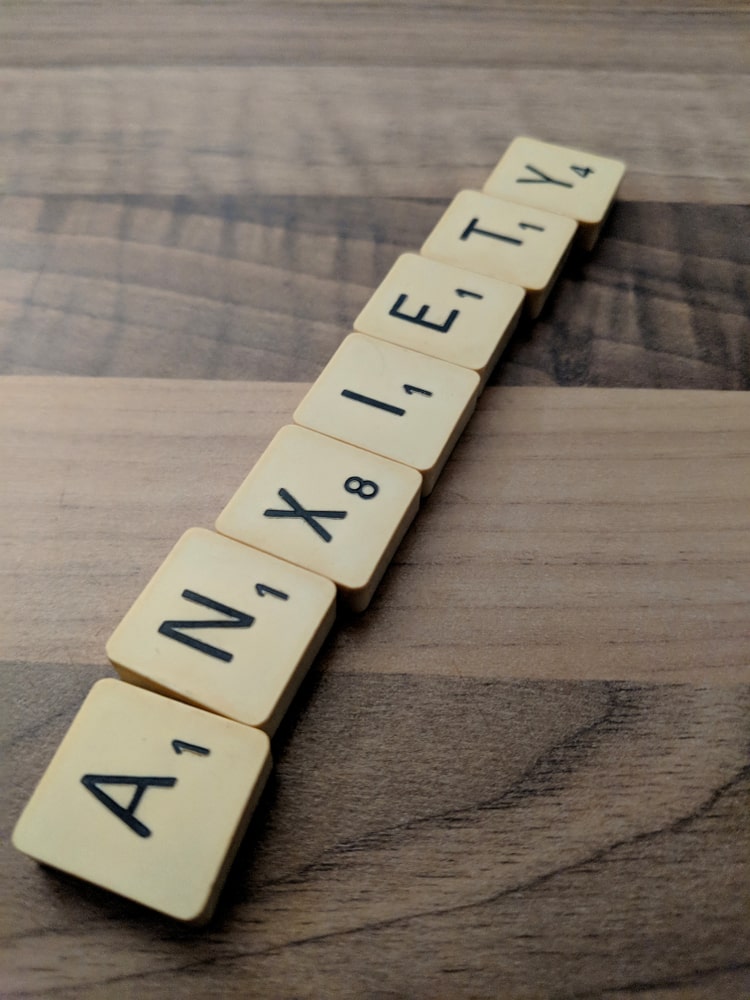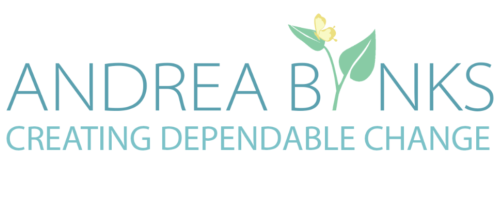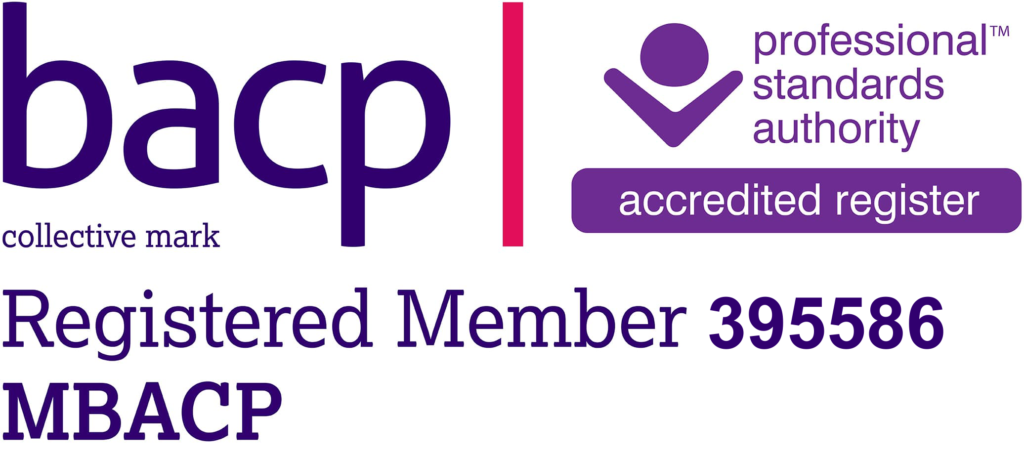How do I know if I have anxiety?

Written by
Andrea Binks

Anxiety is a common and often helpful emotion that everyone experiences from time to time. It’s a feeling of unease, such as worry or fear, that can range in intensity from mild to severe. While some anxiety is normal and can even be beneficial, excessive anxiety that interferes with daily life is not. When anxiety becomes persistent and excessive, it can be diagnosed as an anxiety disorder.
Anxiety disorders are a group of mental health conditions that are characterised by excessive and persistent worry and fear about a variety of different things, such as personal health, work, social interactions, and everyday routine. Anxiety disorders can also include physical symptoms such as rapid heartbeat, sweating, and difficulty sleeping.
So, how do you know if you have an anxiety disorder? Here are some signs to look out for:
- Persistent and excessive worry and fear: If you find yourself constantly worrying or feeling anxious, it could be a sign of an anxiety disorder.
- Interference with daily life: If your anxiety is interfering with your daily life, such as causing problems at work or school or affecting your relationships, it could be a sign of an anxiety disorder.
- Seeking support from a mental health professional: If you are struggling with anxiety and feel like you need extra support, seeking help from a mental health professional is a good idea.
If you think you might have an anxiety disorder, it’s important to seek treatment before it spirals out of control. Therapy can be a very effective treatment for anxiety disorders. A mental health professional will work with you to identify the underlying causes of your anxiety and develop strategies to manage it. This might include techniques such as cognitive-behavioural therapy, which helps you identify and challenge negative thought patterns, or exposure therapy, which helps you confront your fears in a controlled and supportive environment.
The great news is that therapy can lead to great outcomes for people with anxiety disorders. Just take the case of Sandra, a 38-year-old woman from the UK who has struggled with anxiety for most of her adult life. Sandra found that she had an anxiety attack most days when she collected her children from school. She felt sad, embarrassed, and scared. She thought the other school run mums would gossip about her. She found this made her more anxious and she dreads the school run, who she might see and what they may say.
Sandra decided to seek the help of a counsellor after a particularly bad anxiety attack in the school playground. One of the other mums noticed, and came over. She held Sandra’s hand and shared that she had anxiety, and recognised the signs. Sandra bravely asked how the other mum overcome her anxiety. Counselling. Sandra didn’t think counselling was something that you went to for anxiety. She thought it was only for unhappy marriages and grief.
Sandra booked an appointment the next day with me. With my support, Sandra was able to identify and challenge the negative thought patterns that contributed to her anxiety. She also learned new coping strategies that helped her manage anxiety and stress more effectively. Over time, Sandra’s anxiety began to dissipate, and she started to feel more positive and hopeful about the future.
If you’d like to book a discovery, please visit my contact page here.




